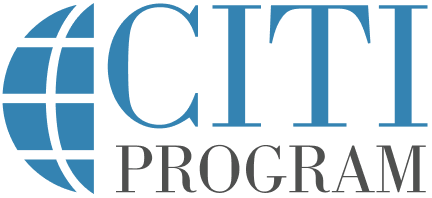This series provides hands-on training for those considering careers as a clinical investigator or clinical research coordinator. The first course offers investigators guidance on topics such as Form FDA 1572s, financial disclosure forms, selecting and training staff, delegating tasks, and maintaining oversight. It supplies instruction on serious adverse events, monitoring visits, audits, and inspections. The second course is for new clinical research coordinators and explains topics such as applying inclusion/exclusion criteria, taking vital signs, recording a medical history, managing subject visit flow, completing source documentation and electronic data capture, and communicating with sponsors and contract research organizations.
Summit: PI and CRC Responsibilities
Practical knowledge for principal investigators and clinical research coordinators.
About these Courses
Language Availability: English
Suggested Audiences: Clinical Research Coordinators (CRCs), Faculty, Investigators, Nurses, Postdocs, Principal Investigators, Research Administrators, Research Assistants, Sponsors, Students, Study Sites
Basic Courses
FAQs
What courses are included in the Summit: PI and CRC Responsibilities series?
This series includes Summit: Principal Investigator Responsibilities and Summit: Coordinating Clinical Trials.
Who should take Summit: PI and CRC Responsibilities courses?
Faculty, clinicians, students, nurses, and others interested in clinical research careers should explore the Summit: PI and CRC Responsibilities series.
How long will it take a learner to complete each course?
Each course should take approximately two hours to complete.
Are the courses eligible for continuing medical education credits?
These courses do not currently have CE/CME credits available.
How does Summit: Principal Investigator Responsibilities differ from CITI Program’s Biomedical Principal Investigator course?
Summit: Principal Investigator focuses on practical hands-on topics such as completing Form 1572s, reviewing electronic data, financial disclosure forms, and handling audits and inspections. Biomedical Principal Investigator adopts a stakeholder perspective and details topics such as working with the IRB, accounting for investigational products, and research misconduct.
How does Summit: Coordinating Clinical Trials differ from CITI Program's Clinical Research Coordinator (CRC) Foundations course?
Summit: Coordinating Clinical Trials focuses on the practical hands-on aspects of CRC work, including sections on taking medical histories, vital signs and onsite procedures, and subject visit flow. Clinical Research Coordinator (CRC) Foundations also includes broader topics such as financial management, working with the IRB, quality assurance, and planning research.


